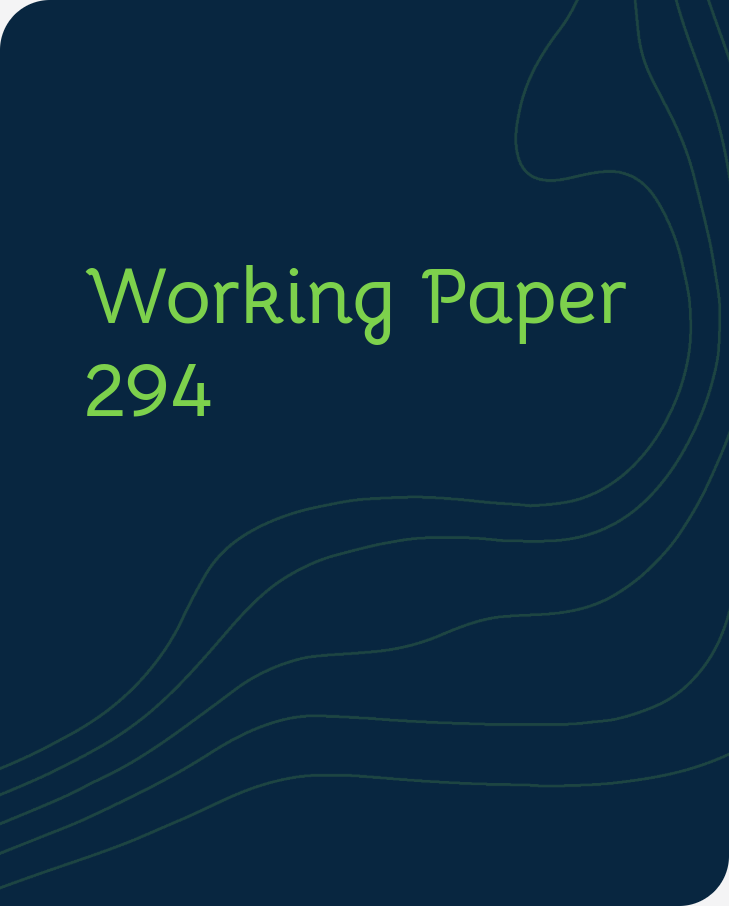Publication
Transition Report
Reform progress and transition indicators
Who we are
Overview: about the EBRDWho we are
Overview: about the EBRD
Learn about the EBRD's journey to investing more than €210 billion in over 7,400 projects.
What we do
Overview: how the EBRD operatesWhat we do
Overview: how the EBRD operates
Through projects, business services and involvement in high-level policy reform, we're doing more than ever before.
Work with us
Overview: how you can work with the EBRDWork with us
Overview: how you can work with the EBRD
We draw on three decades of regional knowledge and financial expertise to tailor our products and approaches to each client's needs.
June, 2024

By Çağatay Bircan, Beata Javorcik and Stefan Pauly
This paper shows that knowledge creation, as measured by patents, is increasingly conducted in cross-border collaborative teams of inventors. It documents the importance of cross-border communication costs by showing that a higher overlap in business hours is associated with increased cross-border collaboration. This effect is distinct from the effect of physical distance, which matters as well. It is stronger for technology classes where lab experiments are involved and thus more frequent interactions may be required. The data further suggest that episodes of telecommunications liberalization (and the resulting decline in the cost of international calls) lead to an increase in cross-border collaboration, particularly when the business hour overlap between the headquarters and a subsidiary is larger. This effect is stronger for experiment-based technology classes. Less successful inventors respond more than their most successful peers.
For media enquiries related to this working paper, please contact Ksenia Yakustidi, Media Adviser at the EBRD’s Office of the Chief Economist
YakustiK@ebrd.com
All Working Papers
The Working Paper series seeks to stimulate debate on transition in the EBRD regions.
